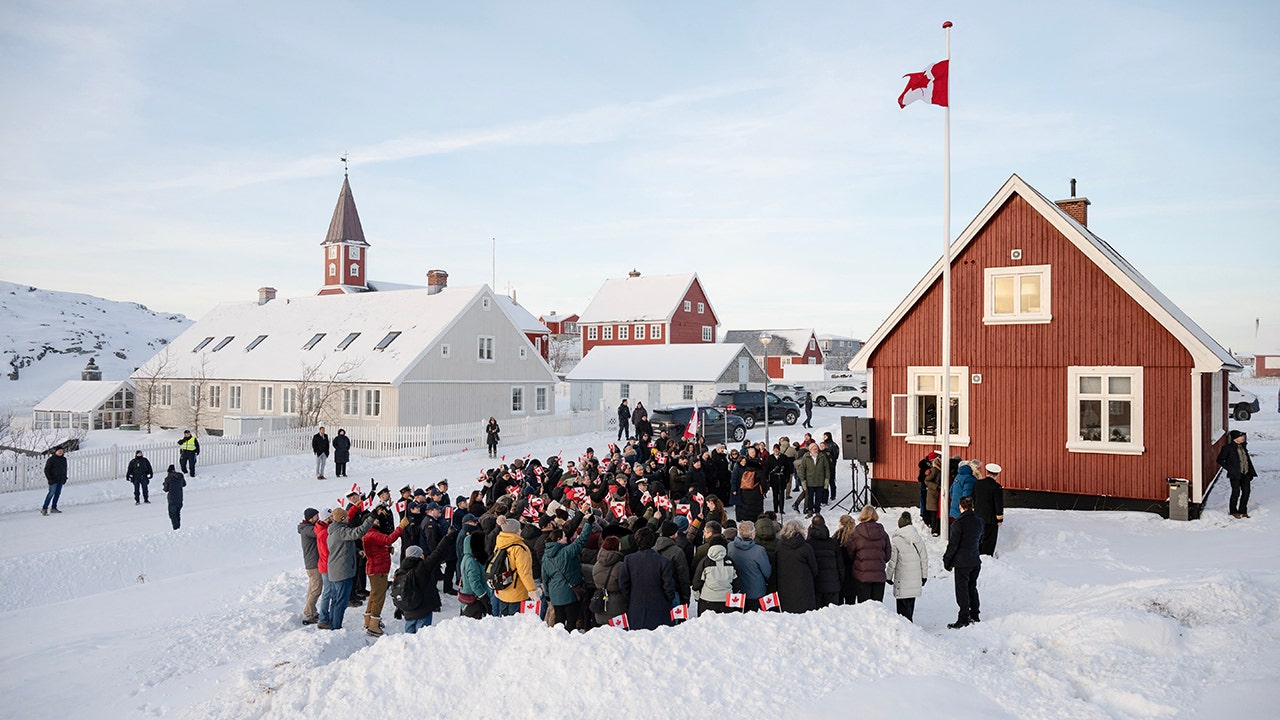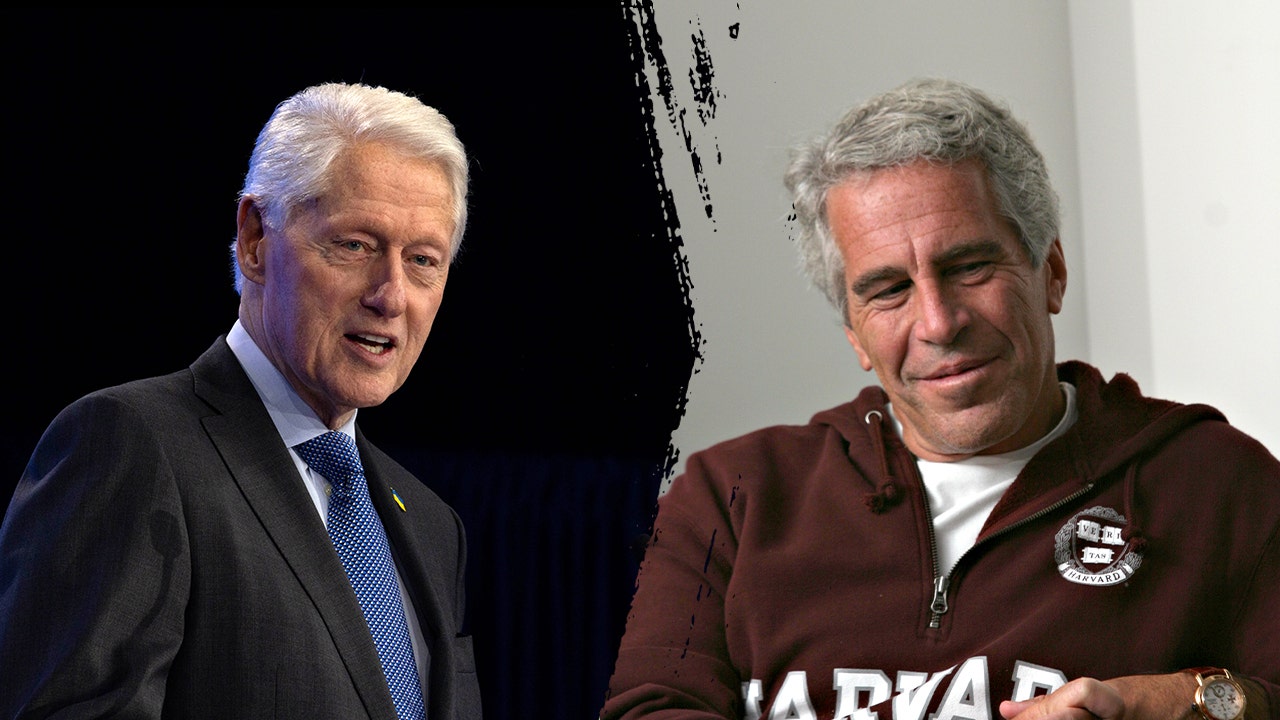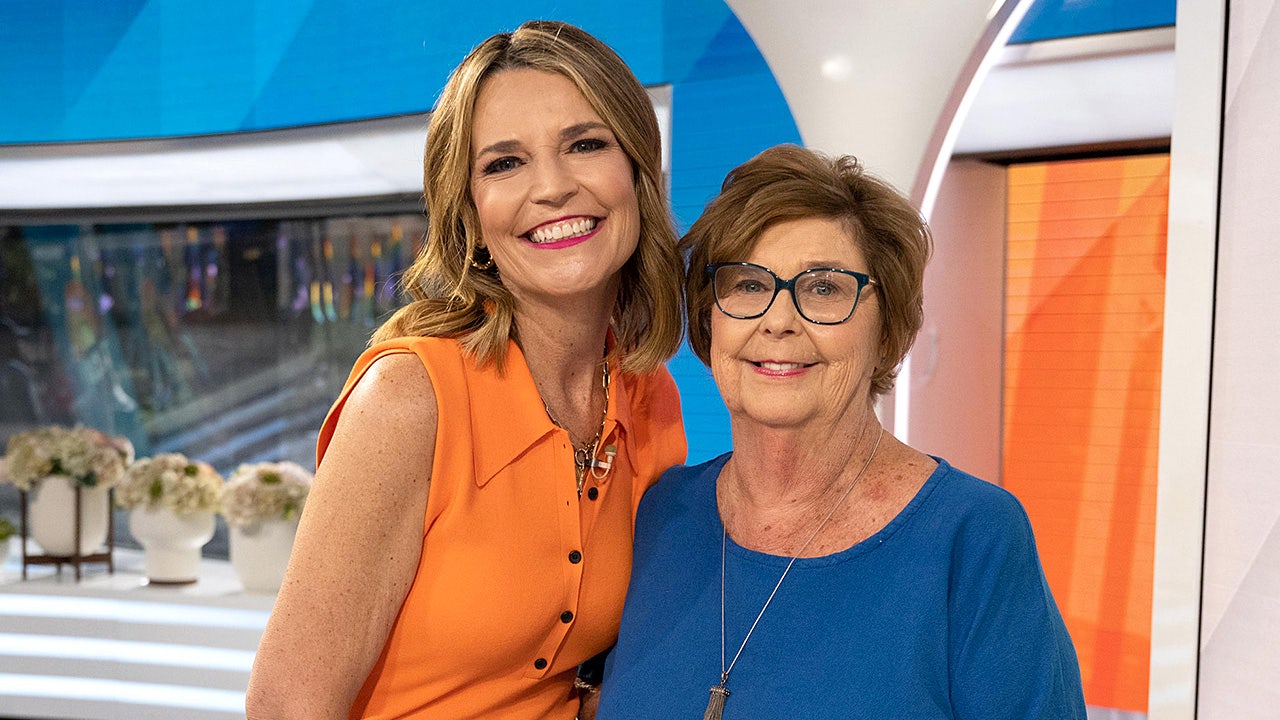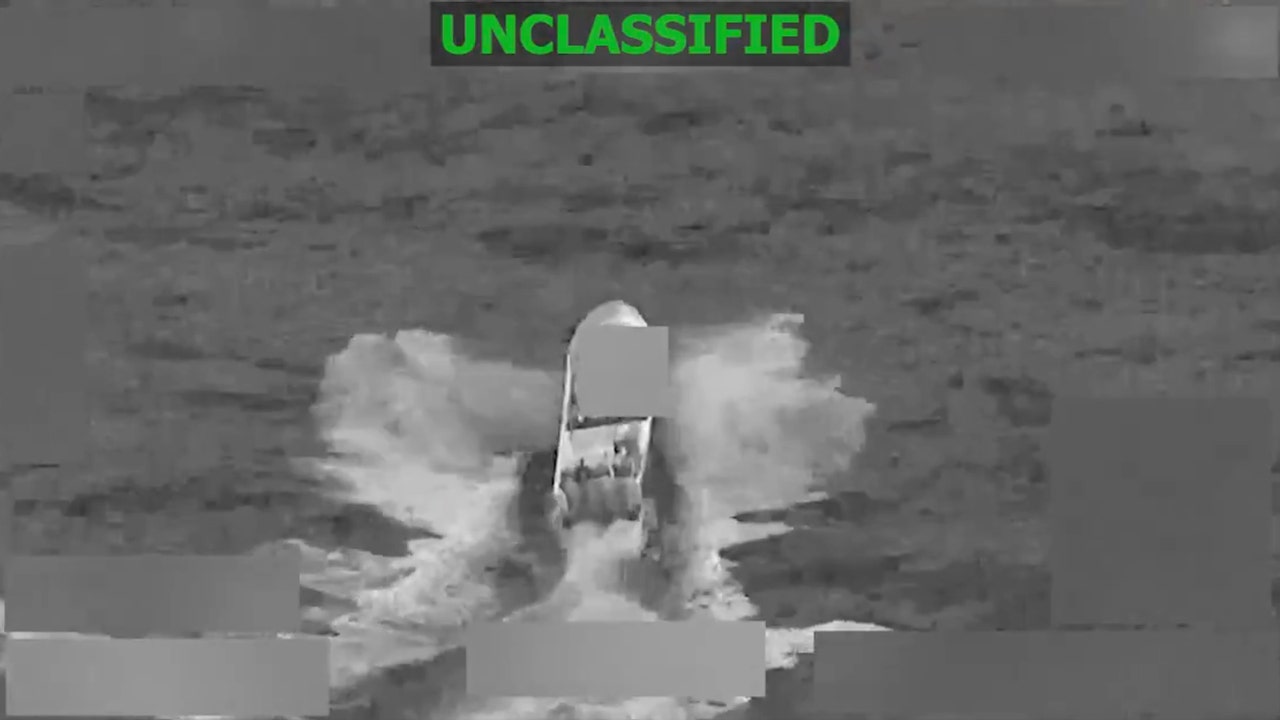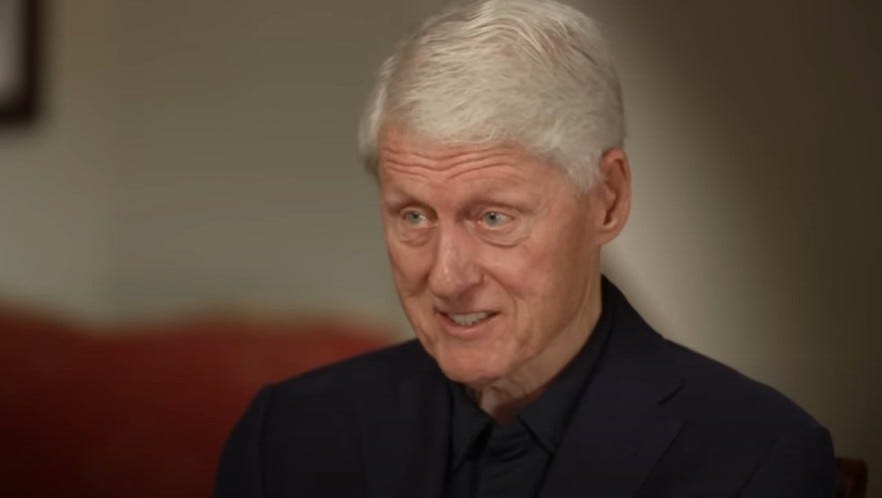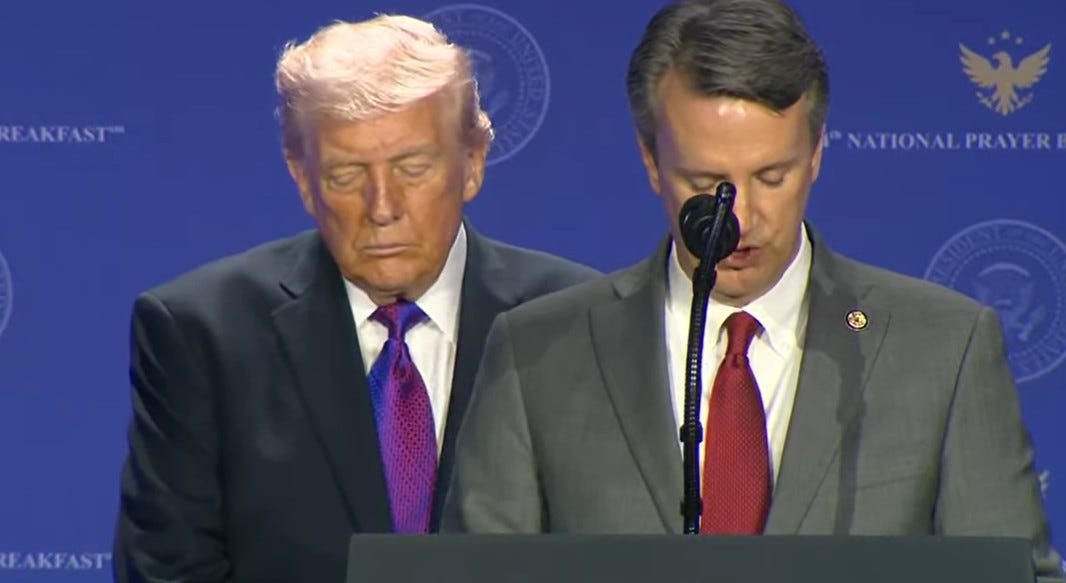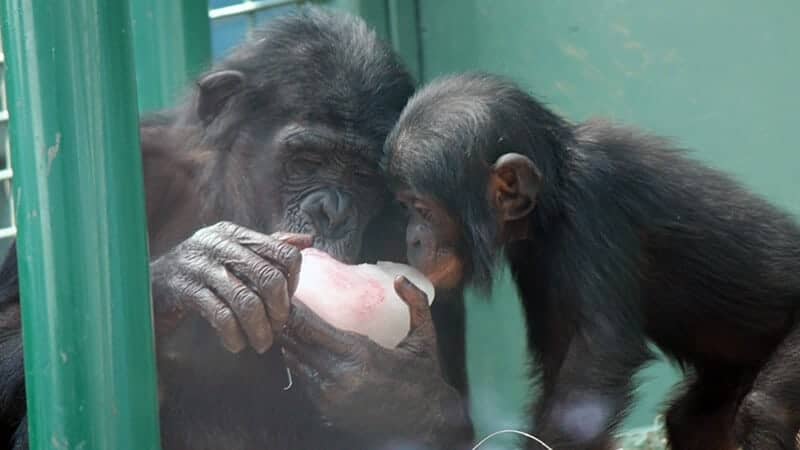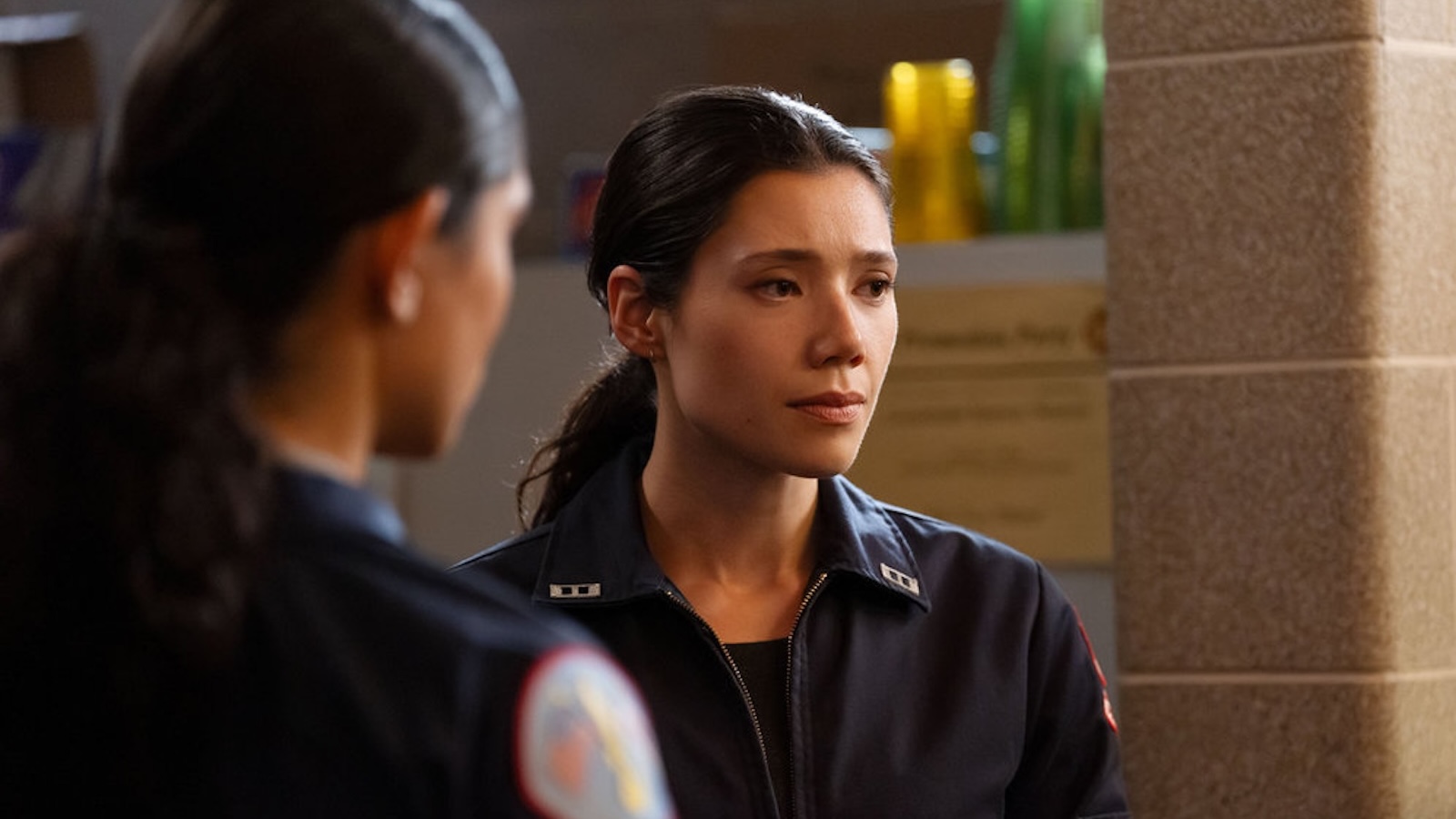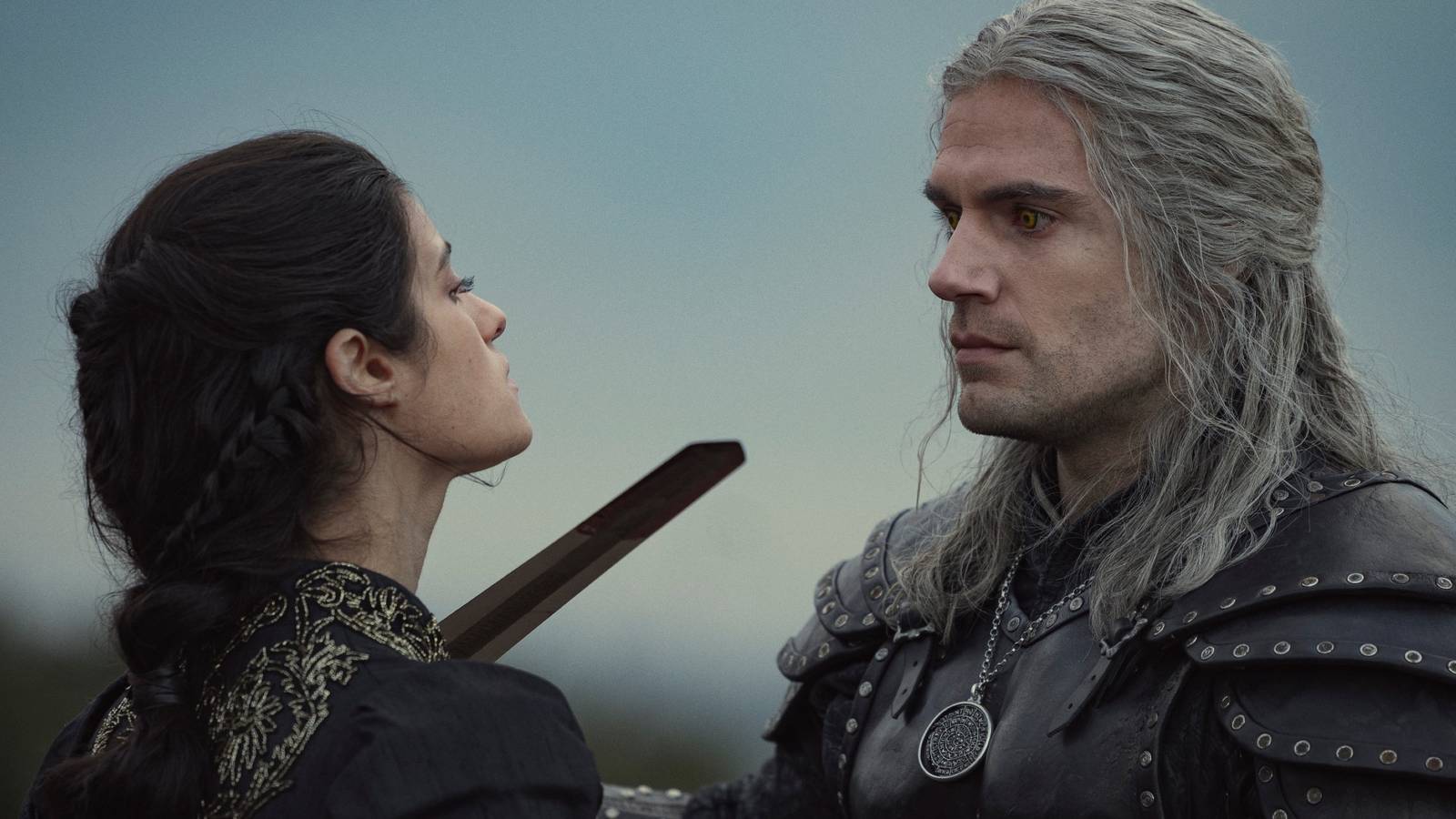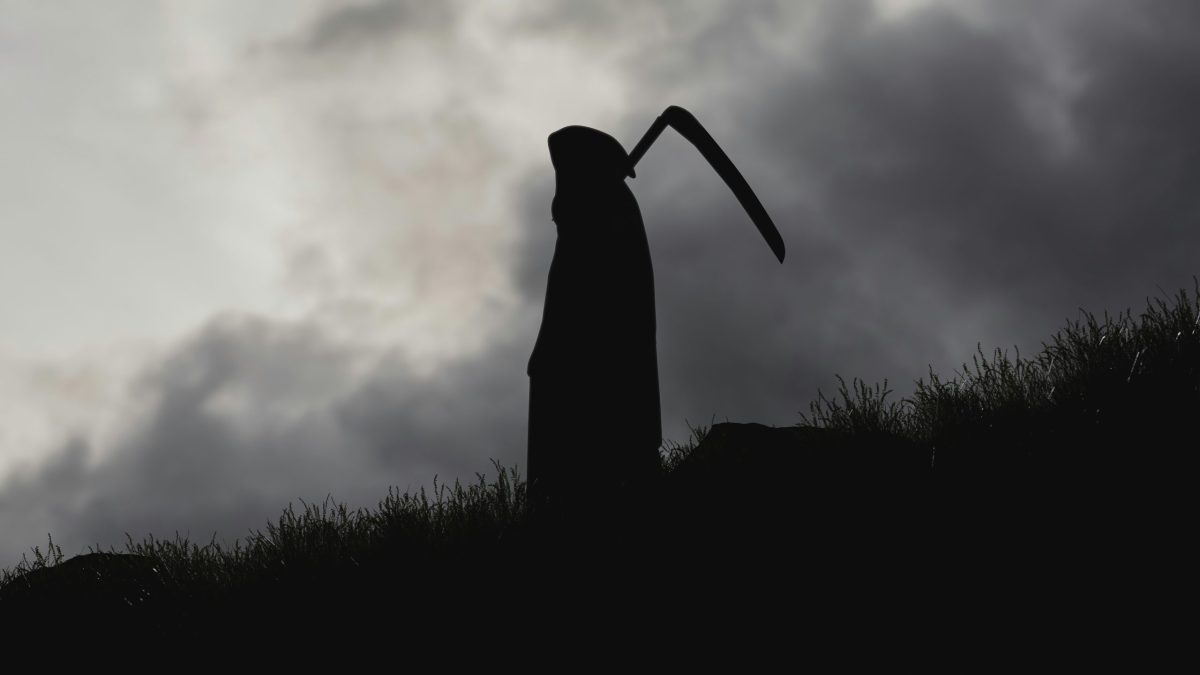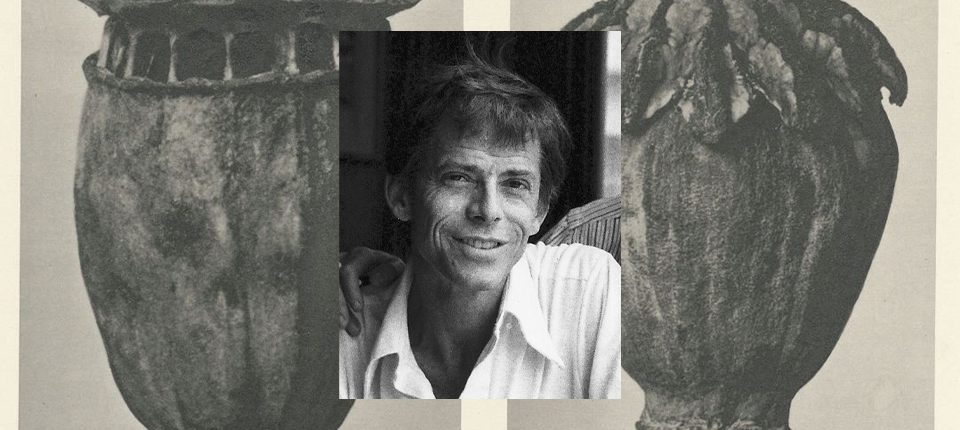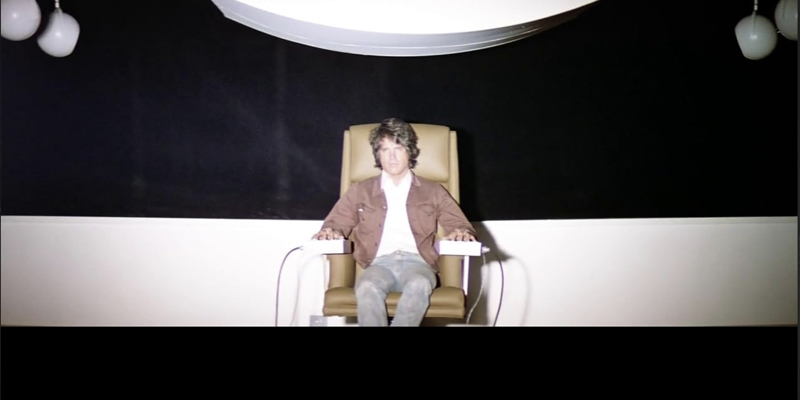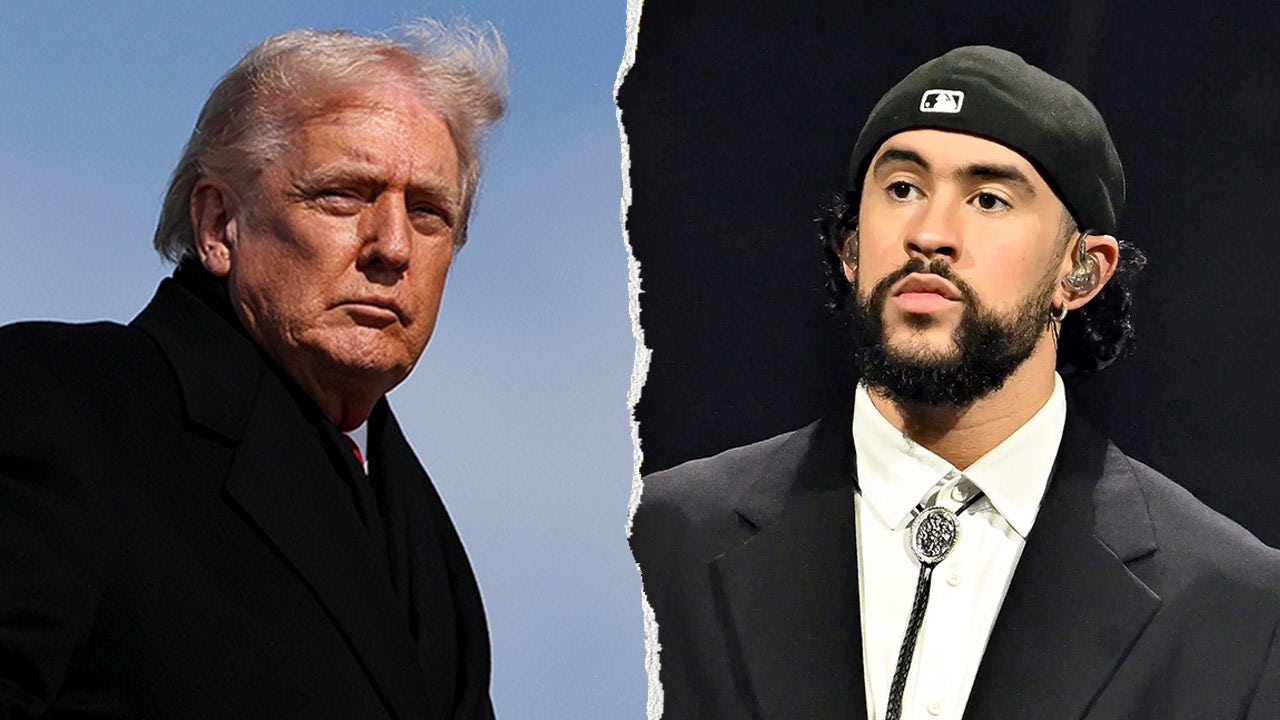The war in Ukraine has lasted for 18 months, with no signs of stopping. But for those living in parts of the country where the battles have been the fiercest, it’s been going on for much longer — more than 9 years, in fact, starting in 2014 when Russia annexed Crimea, with separatist forces taking over swaths of the Donbas region in the east.
Director Maryna Er Gorbach’s unsettling and aesthetically gripping fourth feature, Klondike, revisits that harrowing period in recent Ukrainian history from the viewpoint of an expectant couple, Irka (Oksana Cherkashyna) and Tolik (Sergiy Shadrin), living in the rural enclave of Hrabove as the nascent war surrounds them on all sides.
Klondike
The Bottom Line
An uncompromising and unsettling war story.
Release date: Friday, Aug. 4
Cast: Oksana Cherkashyna, Sergiy Shadrin, Oleh Shcherbyna, Oleh Shevchuk, Arthur Aramian, Evgenij Efremov
Director, screenwriter: Maryna Er Gorbach
1 hour 40 minutes
If the name Hrabove rings a bell, that’s because the village made world news in July 2014 when a Malaysian airliner tragically crashed there after being shot down by a Russian anti-aircraft missle. That disaster looms large over Klondike, whose action is otherwise restrained to the small farm where Irka and Tolik struggle to hold on while their lives are torn asunder.
Er Gorbach, serving as director, writer, producer and editor, uses the couple’s home as the main décor, like a theatre set whose walls are literally ripped away to expose the backdrop. This happens in the film’s arresting opening scene, where the two are intimately discussing Irka’s looming childbirth until a mortar explodes right into their living room.
Working with gifted cinematographer Sviatoslav Bulakovskiy, Er Gorbach shoots that and other sequences in one continuous take where the camera never stops moving, as if she were capturing events in real time. The formally audacious setups recall those in Andrei Tarkovsky’s final movie, The Sacrifice (also set in a country house as disaster strikes), as well as the long-take masterpieces of Hungarian auteur Miklós Jancsó (The Red and the White).
In Jancsó’s films, the fog of war is so thick that it’s often hard to tell who’s fighting whom. The same sentiment fuels much of Klondike, where Donbas residents like Irka and Tolik are obliged to join the separatists — some of whom are their own neighbors — or else flee while they still have the chance. And yet, the stubborn Irka doesn’t want to leave her farm behind, driving the volatile, alcoholic Tolik to become more and more desperate as he tries to save his wife and future baby.
The couple’s unbearable predicament is tested even further when Malaysia Airlines Flight 17 gets shot down above their house, debris and victims tumbling right into the front yard. Er Gorbach expertly stages the incident using off-screen space and action that occurs far in the background, allowing the viewer to gradually grasp what’s unfolding.
As many recall, the Russian separatists denied firing a missile at the 777, and Irka and Tolik suddenly find themselves witnesses to an event that their aggressors are violently trying to cover up, putting the couple even more at risk. Talk about being in the wrong place at the wrong time. And yet, that’s very much what Klondike is about: how a regular pair of people with regular problems are driven to the absolute limits of human experience by events beyond their control.
One of the most disturbing scenes in the whole movie involves the two driving their battered van — a van that Tolik keeps trying to get back from the separatists so he can take Irka to the hospital — across the arid Ukrainian landscape. Sitting in the back is a Dutch couple hoping to recover the body of their daughter, who was on the airliner when it went down.
Like many sequences in Er Gorbach’s tough and uncompromising drama, there is hardly any dialogue — in this case, the couples don’t speak the same language — and we’re left to linger over the images. What we witness are two sets of people at seemingly opposite points in their lives: One is expecting a child while the other has just lost theirs. And yet, for a brief moment, they become inextricably linked by the same conflict, drawn together as tragedy piles upon tragedy, and the innocent always lose out.


